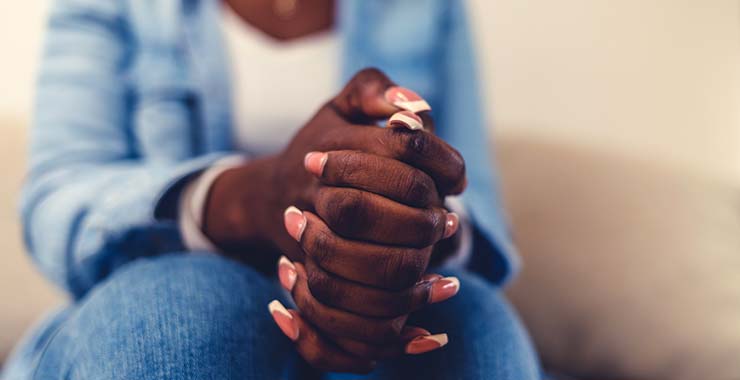According to the World Health Organization (WHO), 45% of women in Sub-Saharan Africa have experienced sexual or physical violence.
Sexual violence does not only harm the body—it also deeply affects emotions and distorts one’s thoughts, overwhelming the victim with tears, pain, and sorrow.
While physical wounds may heal in a week, emotional scars take much longer—and some never fully go away. So when does the pain leave a person’s heart?
Only the one who has lived through such a night can truly understand. The answer may not be comforting, but it is honest: the healing journey involves facing the painful past and the haunting memories that refuse to fade.
Viola Davis, Oscar-winning actress and author of the memoir Finding Me, once said, “You can choose to overcome your painful past or let it continue to haunt you. I’ve moved past the days of shame.”
She emphasized that healing is a choice, even though the pain may linger for a long time.
Actress Lupita Nyong’o has also spoken publicly about reclaiming the dignity she felt was taken from her after being sexually assaulted.
“I speak out to break the silence, to erase the shame. To reclaim my body and my voice,” she said.
As Dr. Judith Herman writes in her book Trauma and Recovery, healing is rooted in acknowledging what happened without losing hope.
She states, “To remember is to honor the past, but you must not lose hope. If you’ve experienced abuse, know that it was not your fault—it happened to you. You are not the perpetrator, and healing is possible.”
Healing does not mean forgetting. It means living again, laughing again, and feeling worthy again. Talking to therapists, joining support groups, writing about your experiences, praying, or confiding in someone you trust can all help in rebuilding your life.


